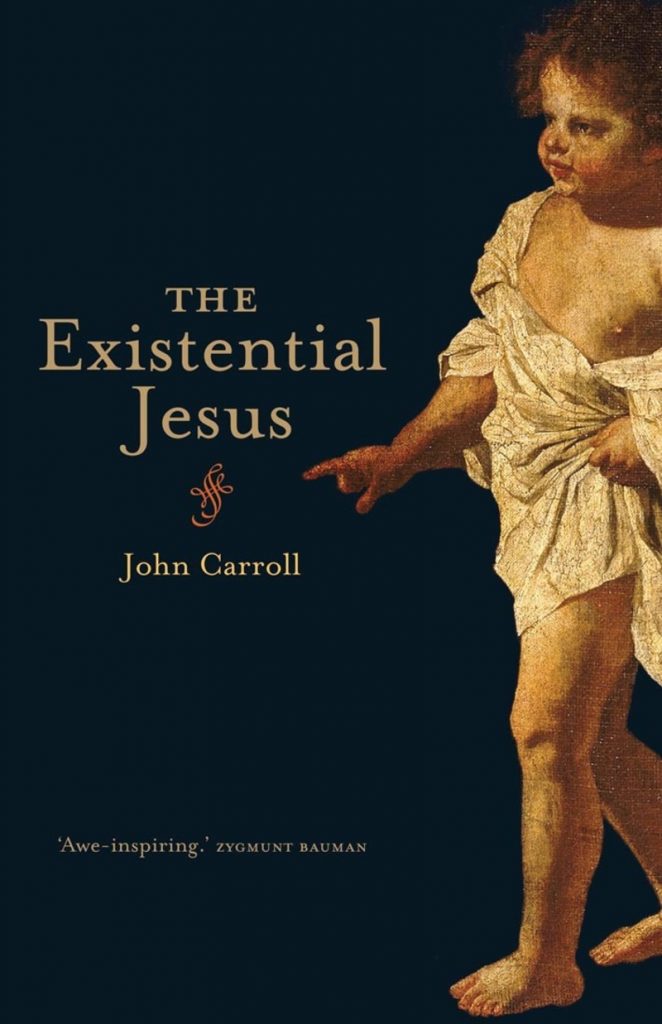The criterion of embarrassment is a “rule” commonly appealed to by scholars to argue that certain events must be historical because they were so well-known and undeniable that, although gospel authors were clearly embarrassed by them, they nevertheless could not avoid addressing them. One example is the baptism of Jesus by John the Baptist. Why would gospel authors say that Jesus was baptized by his inferior unless it really happened? Surely it was not in the interests of presenting Jesus as the superior to John the Baptist to publicize such an event. The only explanation could be that the event was so well known that the authors had no choice but to report it and put the best spin on it that they could muster.
(This reasoning sounds so “self-evident” that it deserves to be kept in mind when reading the scholarly explanations for why Paul does NOT mention so much about Jesus for the reason that it was “so well known that there was no need to address it” — even if to do so would (a) support his position, or (b) require spin to get around how Jesus embarrassed Paul’s position.)
But there is a problem. One of those canonical gospels demonstrates not a single ounce or gram of embarrassment over Jesus being baptized by John the Baptist, nor any of the other episodes to which spin has to be plied by the other gospels to get around various “embarrassing but unavoidable historical facts.” The Gospel of Mark simply waltzes in and unashamedly offers us a point by point account of how John the Baptist baptized Jesus (his superior)! Continue reading “Mark, The Embarrassing Gospel”
Like this:
Like Loading...




